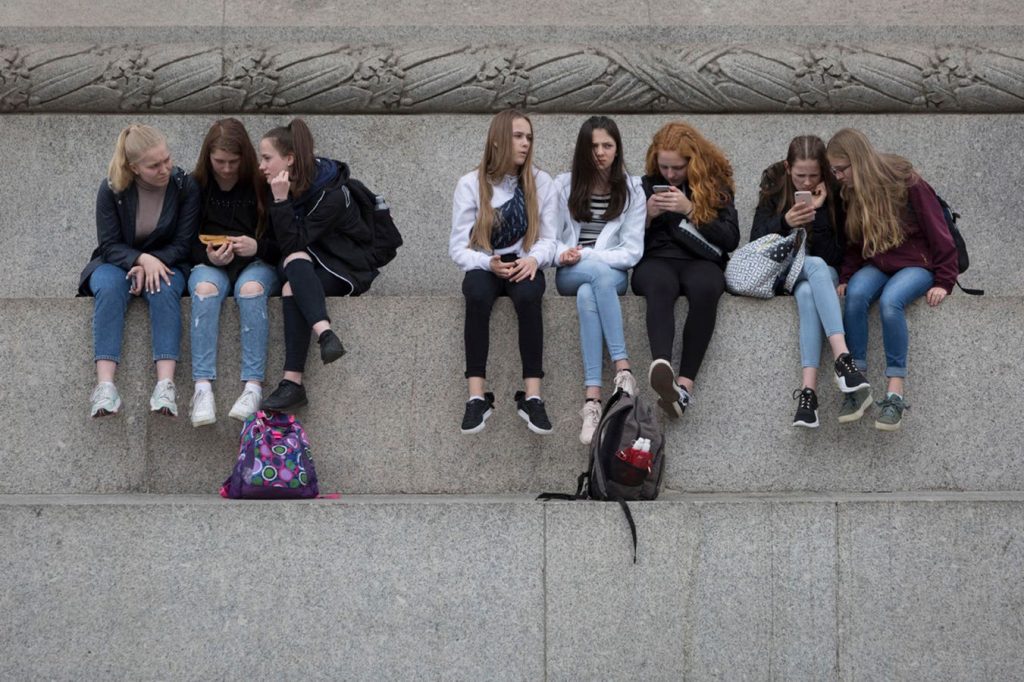A new study argues that there is a difference between influencers and creators, which can matter a lot to the brands that partner with them. Influencers tend to be big personalities who have built a base of followers who admire their life and lifestyle, while creators actually create online entertainment that often features them. This distinction is crucial for brands trying to reach online audiences as creators build authentic communities with higher levels of trust than influencer-led content.
For brands, working with influencers involves “renting” the massive audiences they have built, usually due to their status somewhere outside of the online world. However, with creators, brands need to let go of control and trust the creators to effectively reach their own audience. The creators have a deep understanding of their audience, fostering a relationship built on trust and authenticity that can lead to increased brand awareness and persuadability.
The study found that creators are more effective at the top of the marketing funnel, particularly for products that can evoke a certain feeling or image. On the other hand, influencers are more effective at the bottom of the marketing funnel, especially for luxury and aspirational brands. People aged 25 to 34 are considered the “sweet spot” for using creator-led communities, and brands looking to position themselves as trendsetters should focus on creators.
Doing Things, which specializes in creating meme-driven online content, conducted the study in partnership with Kantar. Kantar specializes in audience measurement, targeting, and analytics in 80 global markets. The study used a “control vs. exposed design” methodology to measure attitudinal differences among two matched groups of consumers and their responses to brand content.
In conclusion, creators are content creators focused on entertainment, while influencers are personalities who curate their image to followers. The distinction between the two is important for brands looking to effectively reach online audiences and build trust and authenticity. By leveraging creator-led communities, brands can increase brand awareness, persuadability, and engage with specific audience segments. Ultimately, understanding the differences between influencers and creators can help brands navigate the evolving landscape of social media marketing and effectively connect with their target audience.













